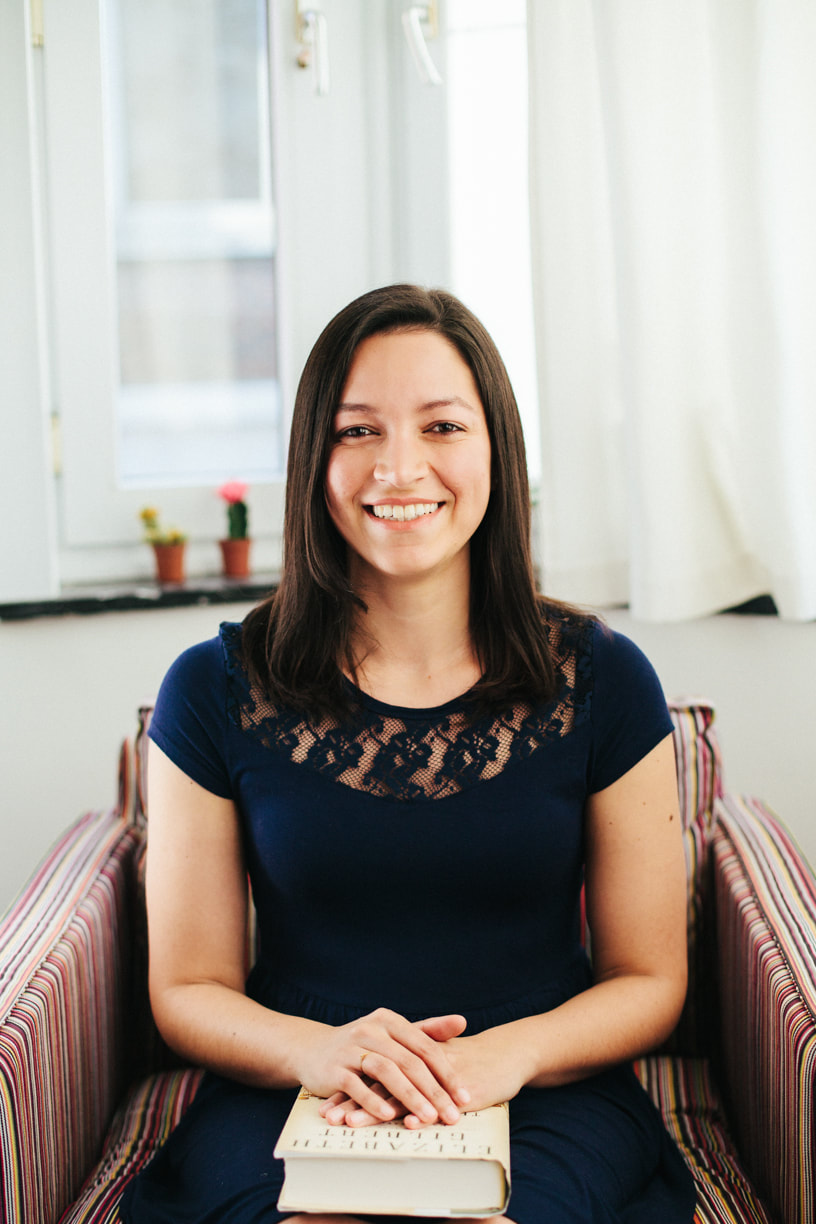I doubt that I’ll stop speaking English with the people I’ve already been doing so for years. It’s our default communication. But I’m sure I’ll improve enough to be a functional and fully integrated member of the Flemish community.
Anyway, I digress.
As a beginner learner of any language, you’ll need to learn a lot of new words and it might be hard to remember all of them or know how to use them properly.
Before I started the intensive course I took advantage of the resources around me, tried them out and decided which ones were the most helpful for me.
These classes have been crucial in my case because even though I learned a lot of words in the last few months, I wasn’t able to maintain a conversation. I like following a structure, learning each situation/vocabulary/grammar on their own and doing homework and exams. Maybe it's a teacher thing. I now use the following tools as extra learning support:
1. Television: I love cooking shows (Hellooo, Jamie Oliver!) so imagine my delight in discovering a Flemish cooking channel that would teach me not only their culinary secrets but vital food vocabulary. Njam! Now and then I also watch Komen Eten, Thuis, series like Salamander and Eigen Kweek (hilarious!) and cartoons. Cartoons are especially good because their speech is clearer and easy to understand (Don’t you dare bother me when I’m watching The Penguins of Madagascar. I’m actually studying.)
2. Music: Gers Pardoel’s songs are modern and catchy. I like to read the lyrics and try to sing along – it helps a lot with pronunciation.
4. Wablief: You can find it on Fans of Flanders website or watch it when the show is on tv. Chris explains a Flemish word or expression (in English).
5. Comic Books: Belgians are suckers for (oops, pardon me), fans of comic books. There’s even a Museum in Brussels. My boyfriend owns a decent stash that I’ve been slowly exploring. Kufje (Tintin), Suske en Wiske, Jommeke, Urbanus, you name it!
Just look around and see what you can use to learn the language you want (or need to). Read everything: labels, flyers, posters, magazines, brochures, etc. Listen to the radio, look for websites or YouTube channels. Languages are all around you, happy learning!


